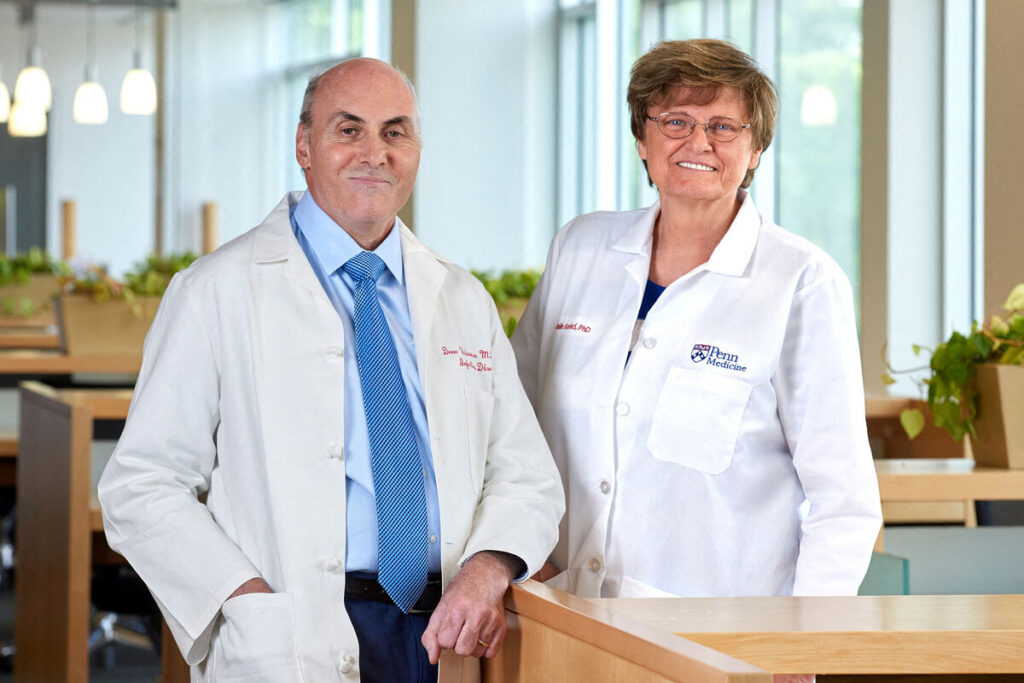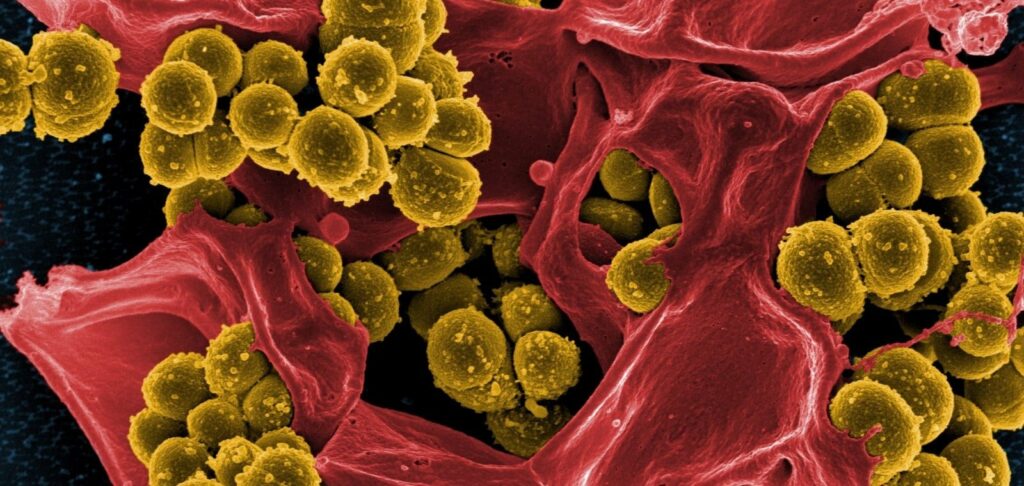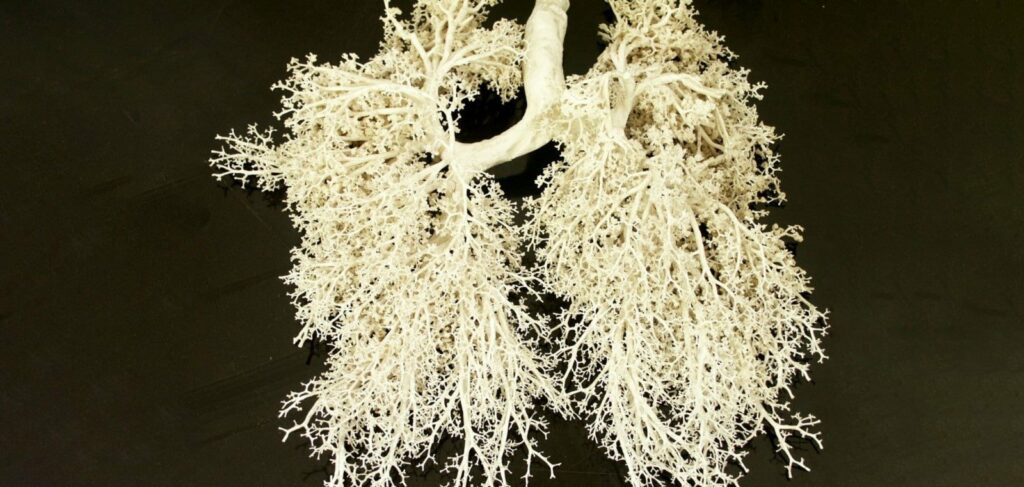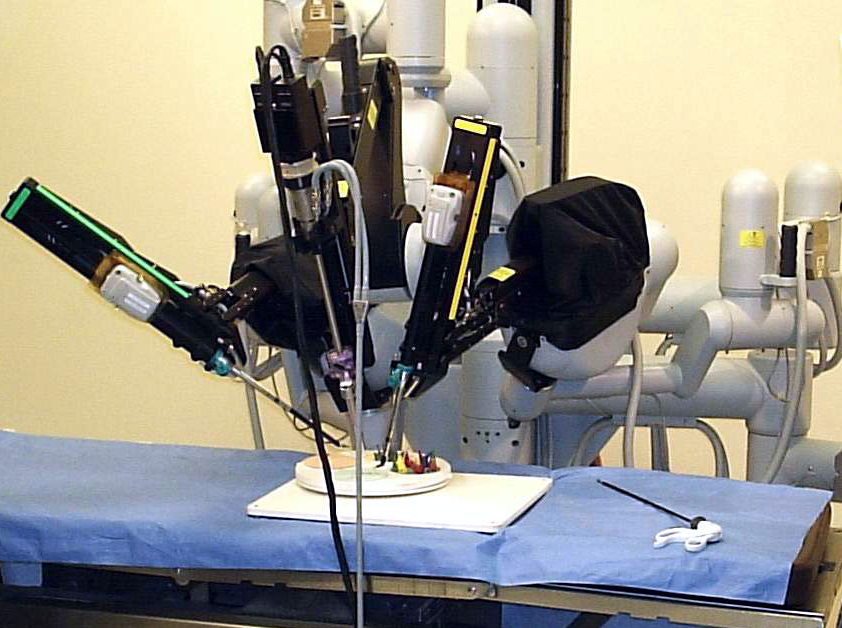
A statement issued by the Nobel Committee of the Karolinska Institute in Sweden notes that discoveries involving nucleoside base modifications have fundamentally changed our understanding of how mRNA interacts with our immune system, writes pharmaphorum
Their work contributed to the unprecedented and rapid development of mRNA vaccines from companies such as BioNTech/Pfizer and Moderna that formed the basis of the global response to the pandemic, the committee said.
The panelists highlighted the work of Hungarian biochemist Carico and his immunologist colleague Weissman, who, after a chance meeting in the late 1990s while photocopying scientific papers, combined their research interests to study the role of dendritic cells in the immune response.
In particular, they observed that dendritic cells recognize transcribed mRNA in vitro as a foreign substance, which leads to their activation and release of inflammatory signaling molecules. They elucidated why this mRNA was considered foreign, while mRNA from mammalian cells did not elicit the same response.
In 2005, scientists published the results of this study, namely that the propensity of mRNA to stimulate a response is determined by the presence or absence of altered bases in the RNA structure.
They found that the inflammatory response virtually disappeared when base modifications were incorporated into the mRNA, opening the door to the use of mRNA sequences as vaccines and drugs. In further studies published in 2008 and 2010, Carico and Weissman showed that delivery of mRNA created with base modifications markedly increased protein production compared to unmodified mRNA.
“The awardees have contributed to an unprecedented pace of vaccine development during one of the greatest threats to human health in modern times,” the committee said.
Since the pandemic, the potential of mRNA has also been explored in the development of vaccines for other diseases, as well as for therapeutic applications in areas such as oncology.
“Katalin Carico and Drew Weissman are brilliant researchers who represent the epitome of scientific inspiration and determination. Day after day, Dr. Weissman, Dr. Carico and their teams have worked tirelessly to unlock the potential of mRNA as a therapeutic platform, not knowing how their work could serve to solve a big problem the world will one day face,” Penn said.



